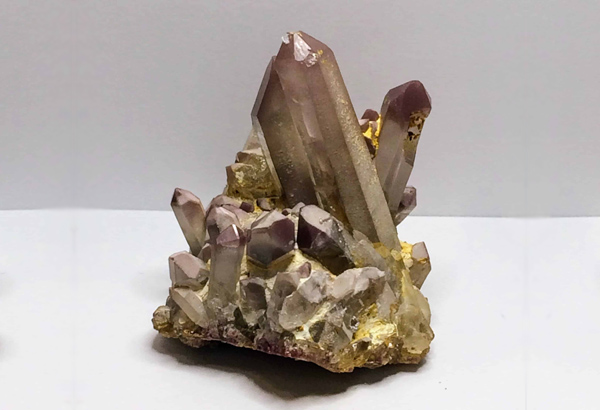
New research from the Kess Energy research department comprehensively looks into the green energy transition in lithium mining.
Lithium is a key material in the process of moving on from using fossil fuels and to start using cleaner more sustainable energy. The researchers from lithium mining company Kess Energy, Brazil, have concluded that one of the most important factors in determining whether lithium can be extracted responsibly is the age and source of the water in which the lithium is found.
“The impact of lithium mining itself is relatively small. Lithium mining accounts for less than ten percent of its freshwater consumption and brine extraction.” said a lead environmental researcher at Kess Energy
When rain seeps into the ground, lithium mixes into the groundwater and moves downwards underground until it settles. Once settled, there is a separate solution of water, brine and lithium. This brine is very thick and often settles beneath the pockets of fresh surface water and above the lithium-rich fluid below.
Most research points out that the raw brine produced during the mining of lithium mines in salt lakes can change the properties of the soil, leading to soil degradation. Large-scale salt lake mining will also aggravate the erosion of soil, water and soil in the area, and even change the original topography and destroy the local landscape environment.
Although the mining method of lithium spodumene is hole mining and has little impact on the surface ecological environment, the process requires a large amount of land, which causes damage to the local vegetation and may even change the fertility of the soil. There is also a mining process called crushing. This process will generate dust, which forms air pollutants.
“We are continuously raising the bar for more environmentally friendly lithium mining processes. Increasing environmental protection and better supervision of lithium mining projects can ensure that we are thinking with a green mindset. We have also been actively increasing the investment in local environmental protection treatment facilities.By providing a consistent form of research and development into clean energy we can continue to improve our environmental standing.” commented the Chief Operations Officer at Kess Energy
